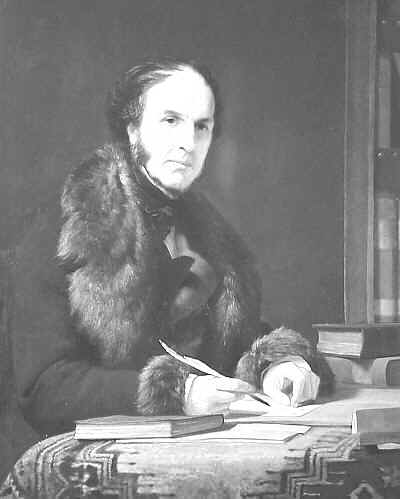The history of intertemporal choice
 Subscribe to Decision Science News by Email (one email per week, easy unsubscribe)
Subscribe to Decision Science News by Email (one email per week, easy unsubscribe)
NASSAU W. SENIOR

Modern decision science, economics, psychology, and marketing have made a cottage industry of intertemporal choice research. The topic has deep roots, including this quote which suggests it’s one of the most important questions there is:
“It may be said that pure abstinence, being a mere negation, cannot produce positive effects; the same remark might as well be applied to intrepidity, or even to liberty; but who ever objected to their being considered as equivalent to active agents? To abstain from the enjoyment which is in our power, or to seek distant rather than immediate results, are among the most painful exertions of the human will. It is true that such exertions are made, and indeed are frequent in every state of society, except perhaps in the very lowest, and have been made in the very lowest, for society could not otherwise have improved; but of all the means by which man can be raised in the scale of being, abstinence, as it is perhaps the most effective, is the slowest in its increase, and the least generally diffused.” – From Nassau W. Senior Political Economy.
An excellent review of articles on intertemporal choice can be found in G. Lowenstein, D. Read & R. Baumeister (eds.), Time and Decision, NY: Russell Sage.
This is the 100th post of Decision Science News!

